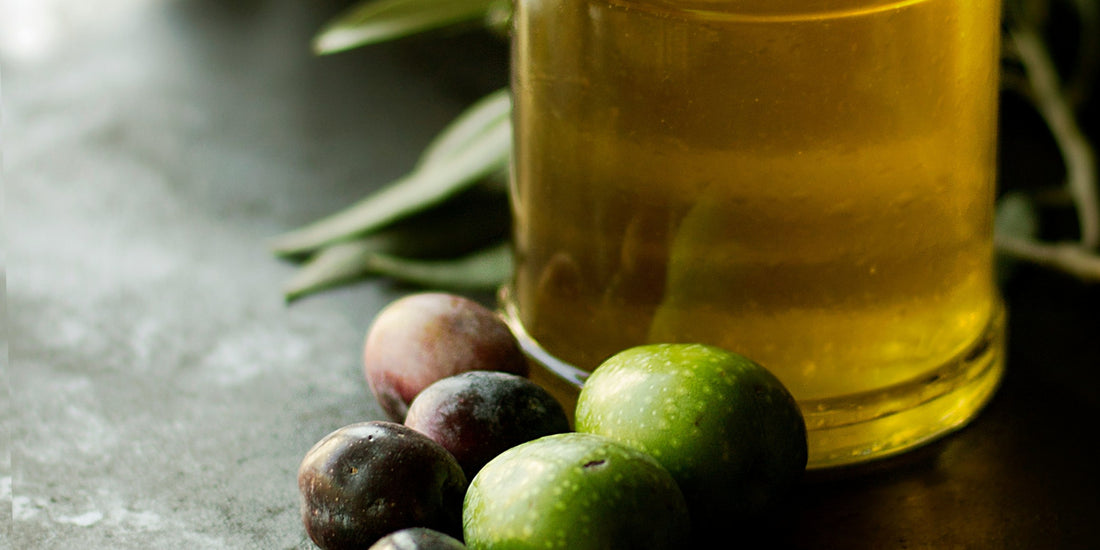In the hustle and bustle of modern life, stress has become a common and often unavoidable factor that many of us have to cope with on a daily basis. From looming deadlines at work to personal relationship challenges, stress can take a toll on our mental and physical well-being. While we often turn to stress management techniques such as exercise and meditation, the role of diet in managing stress is often overlooked. However, studies have shown that the foods we eat can have a significant impact on our stress levels, and one dietary approach that has gained popularity in recent years for stress management is going grain-free.
Grains have long been a staple in the Western diet, but they are not always the best choice for managing stress. Refined grains, such as white bread and pasta, have a high glycemic index, which can cause rapid spikes and crashes in blood sugar levels. These fluctuations can lead to feelings of irritability, fatigue, and increased stress. Additionally, grains contain gluten, a protein that some people may be sensitive to, leading to digestive issues, inflammation, and increased stress levels.
By removing grains from their diet, many people report a reduction in stress levels and an improvement in overall well-being. Going grain-free can help stabilize blood sugar levels, reduce inflammation, and promote a more balanced mood. Removing grains from the diet can also lead to increased consumption of nutrient-dense foods such as vegetables, fruits, lean proteins, and healthy fats, which can help support stress management and overall health.
Studies have shown that a diet rich in whole, unprocessed foods can have a positive impact on stress levels. By focusing on nutrient-dense foods and eliminating grains, individuals may experience improvements in mood, energy levels, and overall stress resilience. In fact, one study published in the journal Psychosomatic Medicine found that a Mediterranean-style diet, which is naturally lower in grains and higher in fruits, vegetables, and lean proteins, was associated with lower levels of perceived stress.
It's important to note that going grain-free is not a one-size-fits-all approach, and individual responses to different dietary patterns can vary. Some people may thrive on a grain-free diet, while others may find that grains are a source of comfort and energy. Consulting with a healthcare professional or registered dietitian can help you determine the best dietary approach for managing stress and promoting overall well-being.
In conclusion, while grains are a common dietary staple, they may not always be the best choice for managing stress. Going grain-free can have positive effects on stress levels by stabilizing blood sugar.

